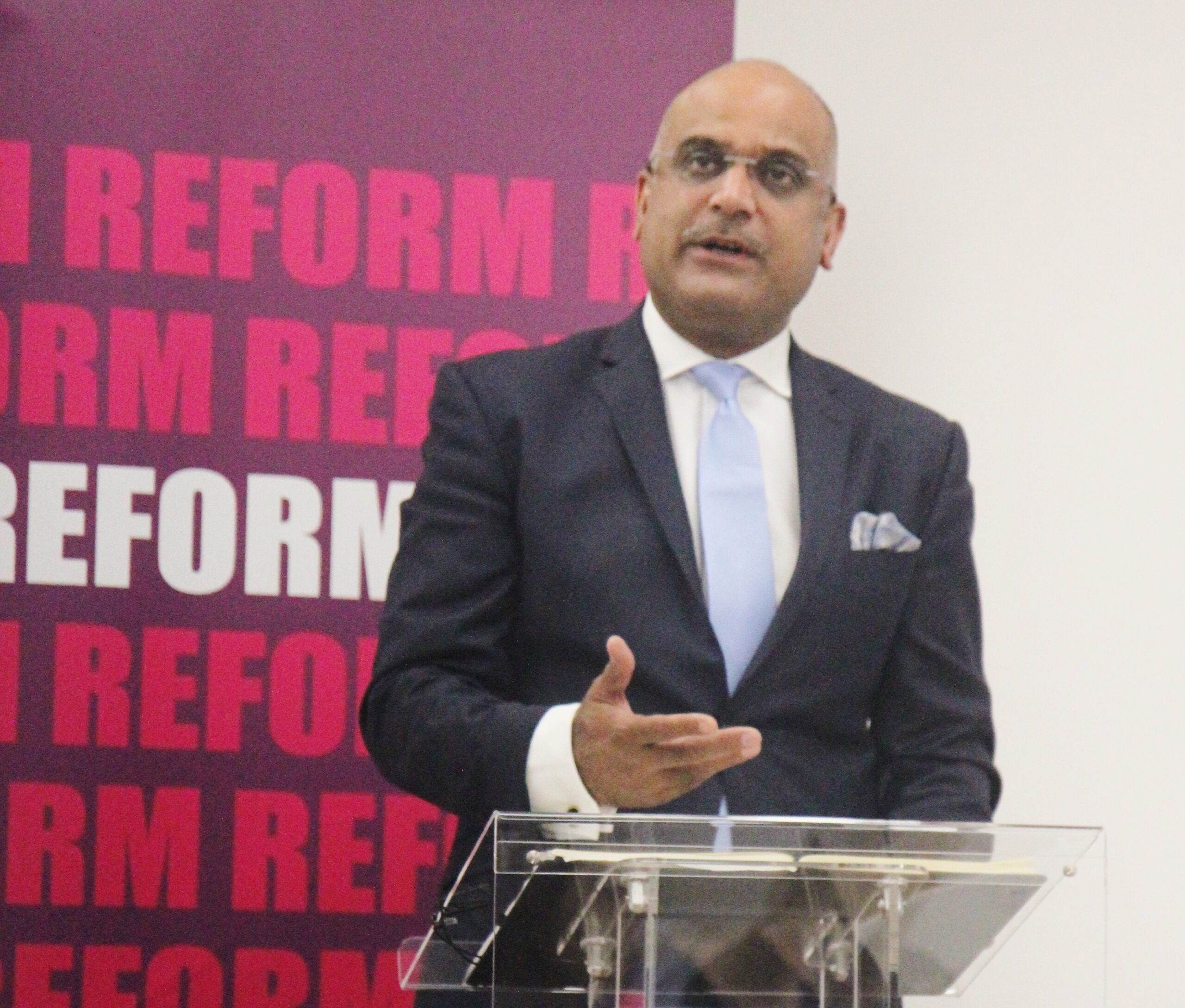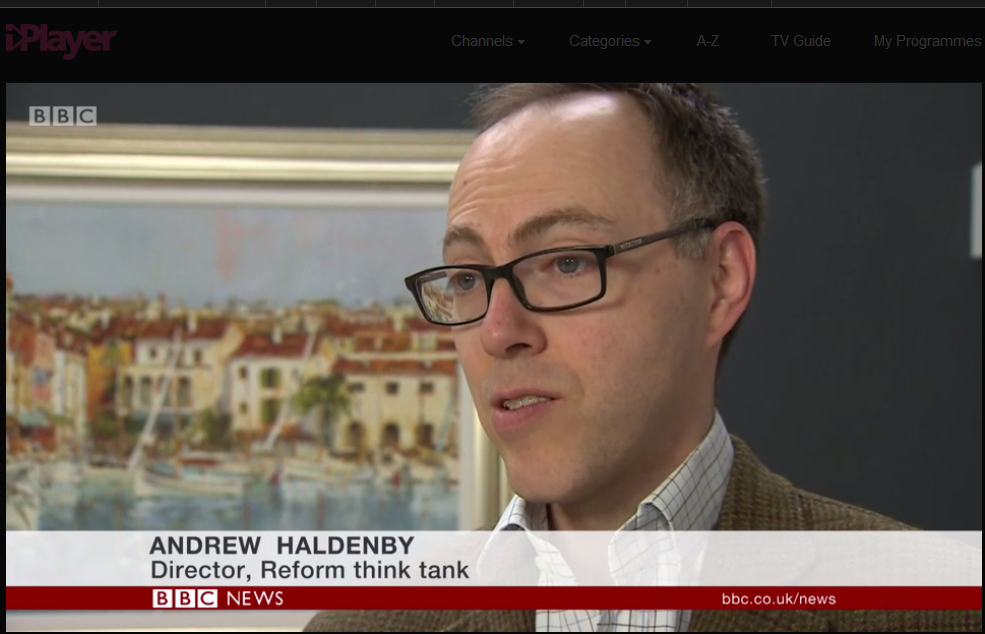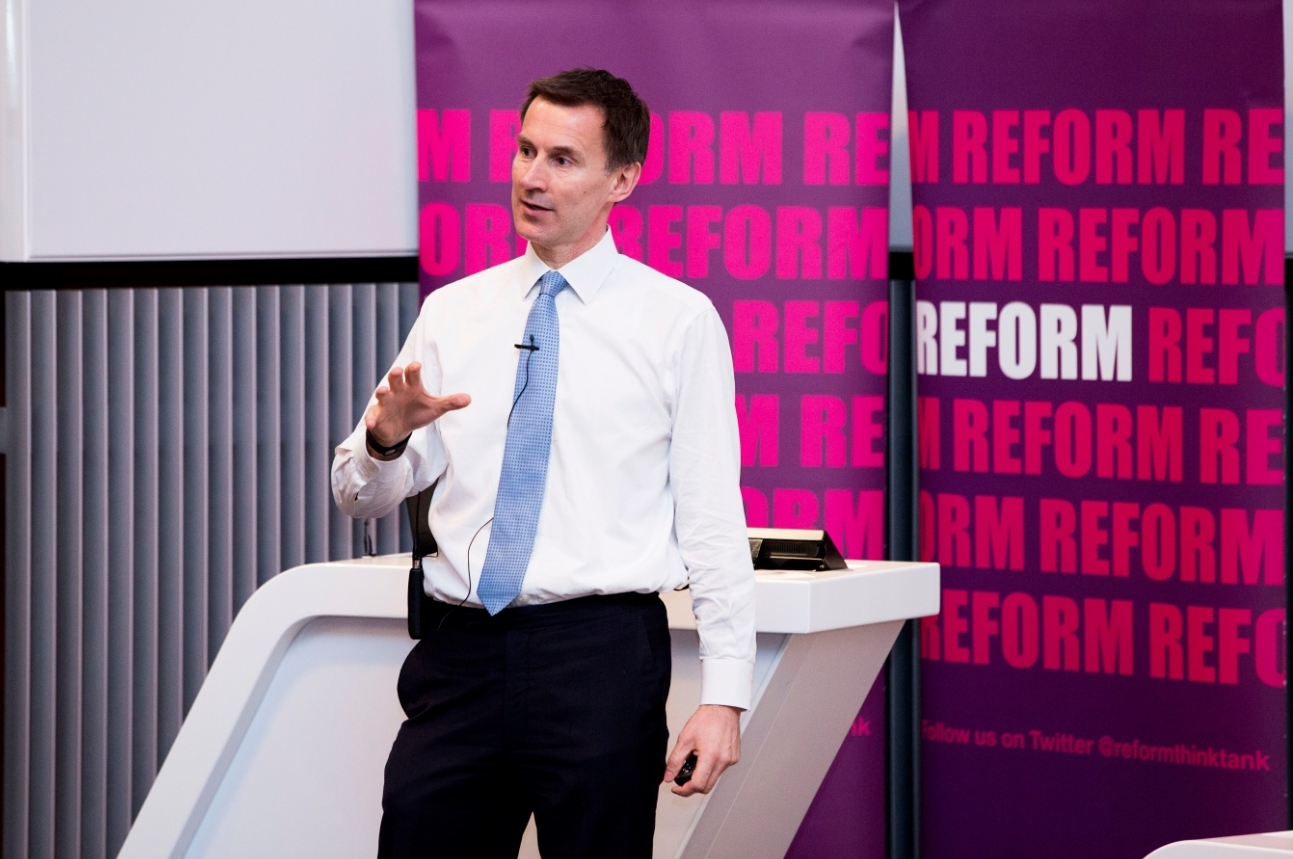Public Finance, 9 June 2017
Alexander Hitchcock, Senior Researcher at Re:State, writes in Public Finance following the general election result. In light of the unexpected election result, he argued that all parties should work together on issues they agree on. That won't be the case on the NHS, where the two largest parties stood on very different policies. But on other issues including digital infrastructure, building new homes and investing in employment-services programmes, there could be real opportunity for cross-party reform. The government should take it.
"With the difficulty of negotiating Brexit with a minority government, the government would be right to be pragmatic. But today’s dodged reforms will be more pressing for the next government. May must try to address these where possible. If there is ever a time for all parties to work to serve the country, this is it."
Read the full article here.







